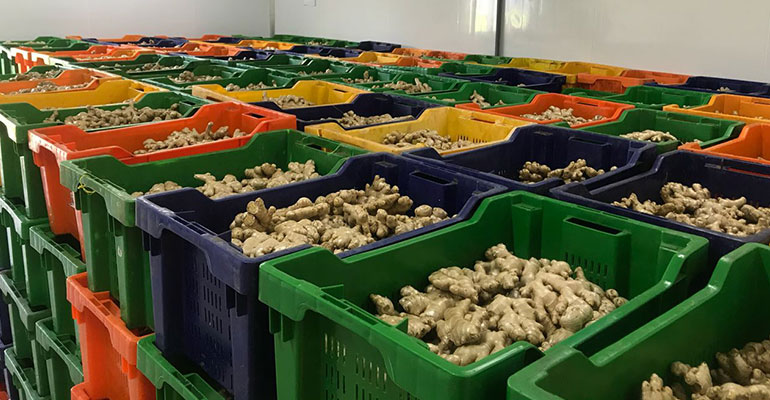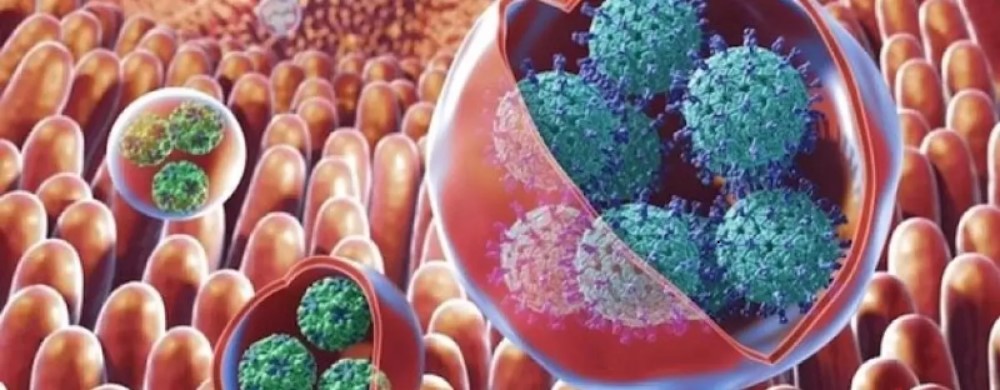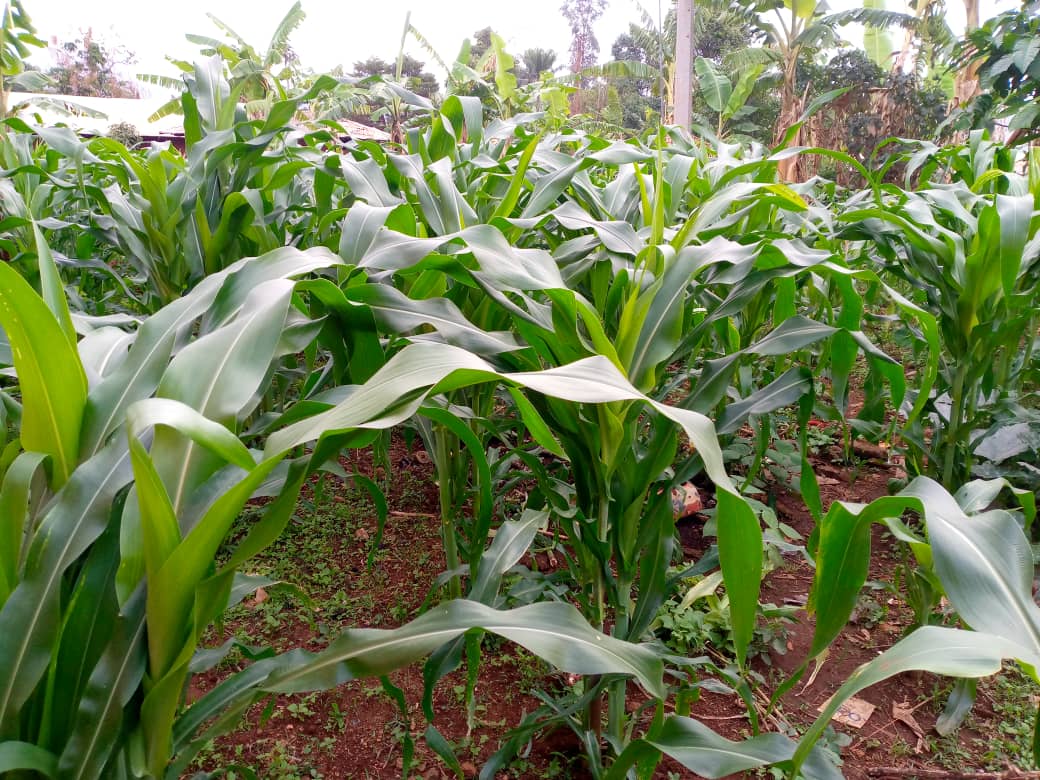Keeping Your Produce Safe: A Guide to Fresh Food Safety

Keeping Your Produce Safe: A Guide to Fresh Food Safety
Food Safety in Farming and Trading in Fresh Produce
When it comes to farming or trading fresh produce in international markets, the significance of food safety cannot be overstated. Its significance is not only confined to local but extends to regional and international markets like the EU market. Food safety ensures healthy food for consumers and maintains sales, which is crucial for the success of farmers and trading in the EU market.
But what is food safety in food products and fresh produce in particular and what is the latest when it comes to ensuring healthy food to consumers in international markets like the EU is what this write-up is all about
What is food safety
Food safety minimises the risk of contamination in food products intended for human consumption. This involves preventing hazards that can cause food infection or intoxication, which can result in illness or even death. The primary goal of food safety is to protect consumers from harmful substances and microorganisms that can cause foodborne diseases.
Importance of Food Safety in the Agri-food Sector
Millions of people worldwide and in Europe also are affected each year by foodborne illnesses, causing sickness, hospitalization, and even death. Ensuring food safety reduces the risk of these preventable health issues. Food safety is crucial in the agri-food sector for several reasons.
Firstly, it is essential to maintain public health by preventing foodborne illnesses. These illnesses can result in severe symptoms such as vomiting, diarrhea, and fever, and can even lead to long-term health complications or death.
Secondly, food safety is necessary to prevent economic losses. Contaminated food products can result in product recalls, lawsuits, and damage to a company’s reputation.
Food safety has economic benefits. For instance, a safer food supply can lead to reduced healthcare costs, increased consumer confidence, and enhanced economic stability in the food sector.
Food safety helps to ensure regulatory compliance. This is because adhering to food safety regulations and guidelines is essential for agri-food businesses to avoid legal penalties, recalls, loss of reputation, and banning. Complies to food regulations is a must to trade in the EU market.
Finally, food safety is crucial to uphold consumer confidence in the food supply chain. Consumers need to trust that the food they consume is safe and free from harmful substances and microorganisms.
Fresh Produce and Food Safety
When it comes to fresh produce, food safety involves ensuring that products like fruits and vegetables are grown, harvested, packed, and held in a way that does not introduce harmful bacteria, viruses, fungi, or parasites which can cause illness to consumers. Fresh produce can be contaminated with these microorganisms during growing, harvesting, processing, or distribution. For instance, viruses that can be found in fresh produces are much smaller than any other microorganism and require a host to replicate. Therefore, consuming contaminated food with viruses can easily cause sickness. Examples of viruses that can cause foodborne illnesses include norovirus and hepatitis A virus. According to the U.S. National Science Foundation, the virus can withstand disinfection attempts using detergent solutions and ultraviolet (UV) light. (See picture below )

Food Safety in the EU
The EU has a robust food safety system that is governed by a number of regulations and organisations. The European Food Safety Authority (EFSA) is the primary agency responsible for providing scientific advice and communicating on food safety issues in the EU. For instance, in the area of Food and feed safety, Nutrition, Animal health and welfare, Plant protection, and Plant health.
How to ensure food safety in agriproducts
Food safety is a paramount concern for consumers and a top priority for regulatory bodies like in the EU. The EU recognises that food safety is an integral part of food quality, and it is a major issue for buyers, particularly at the EU level. To address this, the EU has implemented a comprehensive framework of practices, principles, and regulations designed to ensure the safety of food for the general public and consumers.

So, how can producers/farmers/exporters outside the EU make sure that their products are safe and healthy to enter the EU market and fit for consumption?
First, think of implementing good agricultural practices (GAPs) to prevent contamination from sources like agricultural water, animal manure, and wildlife, as well as ensuring proper worker hygiene and sanitation practices.
Then preventing contamination before, during, and after harvest.
Finally, it’s very important to acquire training on how to go about food safety in specific products to avoid growing and eating contaminated food or getting fined, rejections, and worst case scenario getting banned for trading products in the EU market.
Latest Food Safety Activities in the Agri-food Industry in the EU
In recent years, the EU has taken several steps to strengthen food safety in the agri-food industry. Some of the latest activities include:
- Strengthening Regulations for Pesticides. (EFSA)
- Implementing Measures to Reduce Food Waste. (European Commission)
- Improving Transparency and Traceability (European Commission)
- Strengthening Controls on Food Contact Materials (EFSA)
- Promoting Sustainable Agriculture Practices (European Commission)
The EU’s food safety framework is constantly evolving to address new challenges and emerging risks. The EU works closely with other countries and international organisations to share information and best practices. The goal is to ensure that all food products sold in the EU are safe for consumers to eat.
EuroAfri Link and the EU Trade Ticket
EuroAfri Link (EAL) is an organisation dedicated to enhancing support for African agriculture and horticulture producers in accessing the European market with ease. One of the primary initiatives of EAL is the EU Trade Ticket, a comprehensive online event aimed at preparing exporters to enter the EU market with confidence. This program bridges the gap between Africa and Europe in trade by linking African producers with the knowledge and skills needed for the European markets that require their products.
To get involved or collaborate with EAL for knowledge sharing, then visit our About us page/partnerwithus.
Join us and be part of the solution!
Author: Patience Chindong

